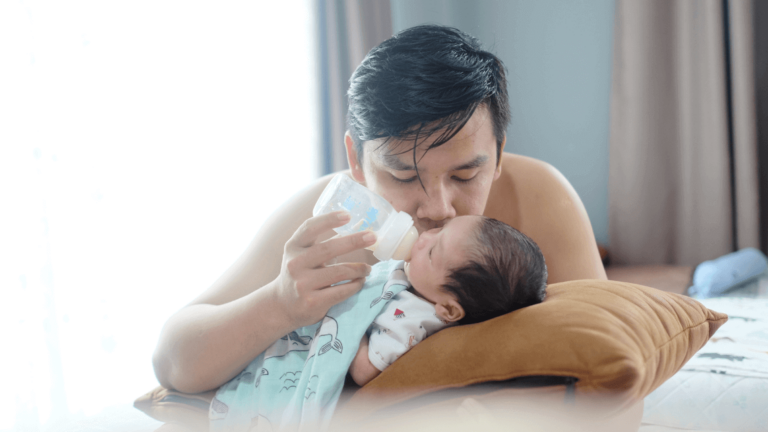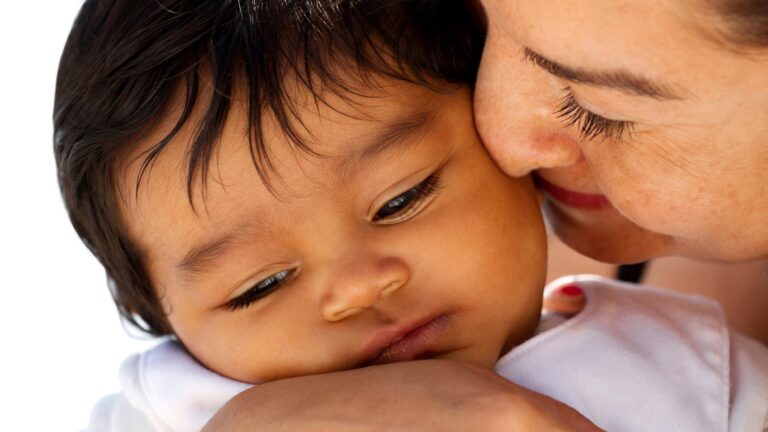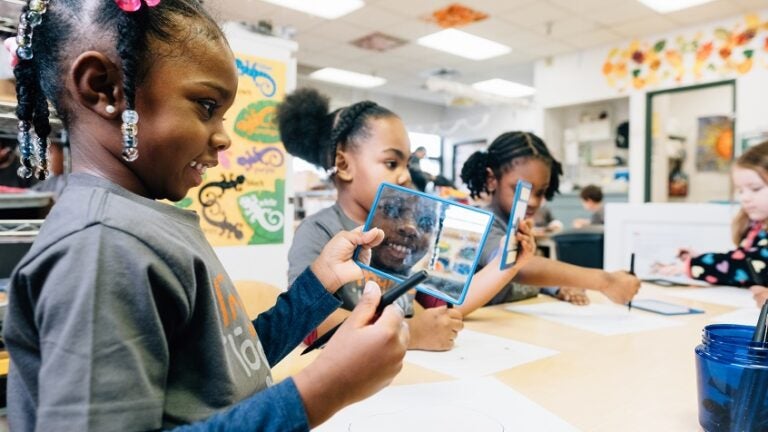Research at the Center for the Changing Family
Explore our members research publications spanning across 19 disciplines, from social work to medicine.
Featured Research
“I Lay Awake at Night”: Latino Family Caregivers’ Experiences Covering Out-of-Pocket Costs When Caring for Someone Living With Dementia
The financial burden of caregiving has received less research attention than physical and emotional costs. This is especially true for underserved ethnic minorities. Financial strain affects mental and physical health and is unequally distributed across caregivers of different races and ethnicities. Although caregivers overall spend, on average, one quarter of their income on caregiving, Latino caregivers, the focus of this study, spend nearly half.
A blended immersion course: advancing practice for social work students working with military members, veterans, and their families
This paper presents a specialization blended immersion course in social work with military, veterans, and their families that includes a 3-unit elective course for Master of Social Work (MSW) students incorporating a virtual (i.e. synchronous) class component and an eight-day visit to the Washington DC area.
Prenatal prolactin predicts postnatal parenting attitudes and brain structure remodeling in first-time fathers
Despite the important contributions that fathers make to parenting, the neurobiological underpinnings of men’s adaptation to parenthood are still not well understood. The current study focuses on prolactin, a hormone that has been extensively linked with reproduction, lactation, and parental behavior in mothers.
The birth of a story: Childbirth experiences, meaning-making, and postpartum adjustment.
The present study investigated how meaning-making around a birth experience predicts relationship quality and parenting stress across the transition to first-time parenthood, a time that many new parents find stressful and challenging. Childbirth experiences may set the stage for these challenges, and how new parents make meaning of childbirth could play a role in their subsequent postpartum adjustment.
Adults with a child maltreatment history: Narratives describing individual strengths that promote positive wellbeing
Child maltreatment often has negative impacts, but some individuals have strengths that lead to better outcomes. The objective is to describe the narratives of adults who experienced childhood maltreatment, all of whom had positive psychosocial wellbeing at average age 18 years.
Relationship closeness as a protective factor against the sensitizing effect of adversity history
Exposure to adversity has been shown to amplify individuals’ sensitivity to stress, increasing the risk of developing mental health problems in adulthood. Romantic relationships can serve as a broad resource in mitigating the negative impacts of adversity and stress on mental health; however, less is known about how everyday moments of closeness with one’s romantic partner impact experiences of daily stress for people exposed to adversity.
Pandemic-Related Stress and Resilience Among Latinx Mothers with a History of Depression: Differences by Immigration Status
This study explores the impact of the COVID-19 pandemic on low-income, Latinx mothers in Southern California with a history of depression, including undocumented mothers and members of mixed status families.
Racial socialization and discrimination-related psychological distress in middle-aged Black men and women.
Our objectives were to evaluate gender-specific associations of racial discrimination with psychological sequelae among middle-aged Blacks and to evaluate the capacity of racial socialization to moderate the association between discrimination and psychological distress, accounting for relevant prospectively assessed childhood factors.








